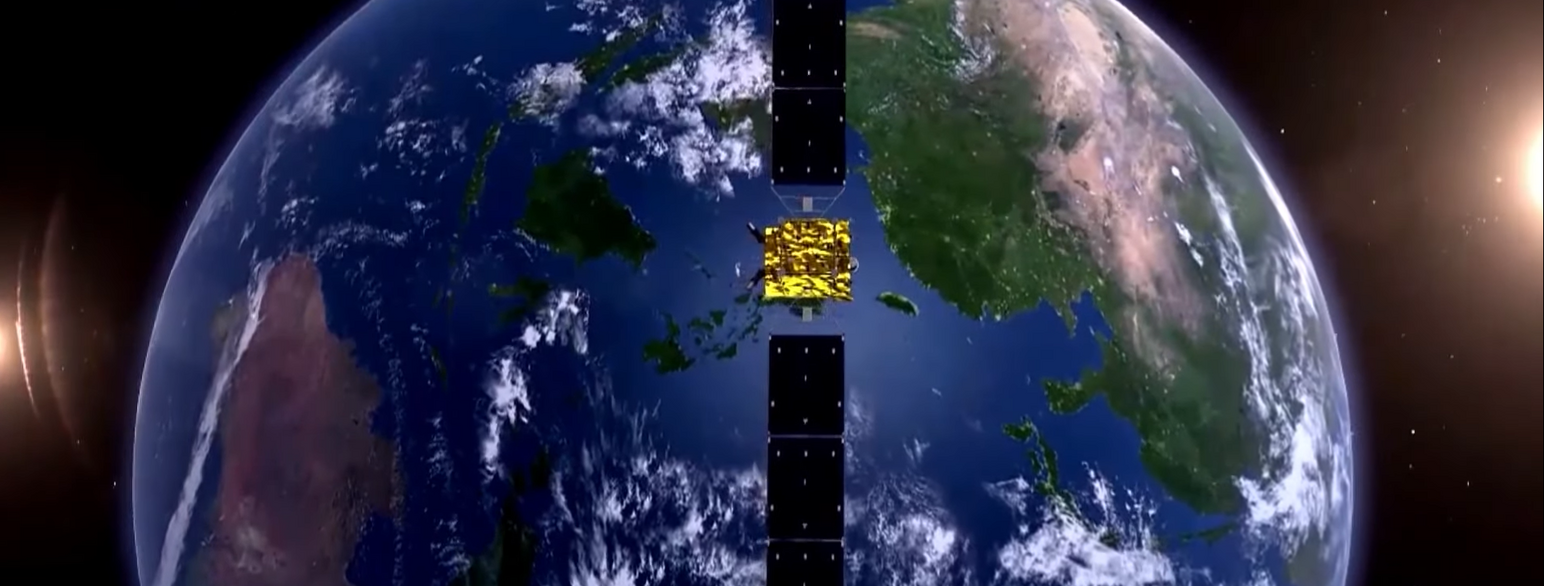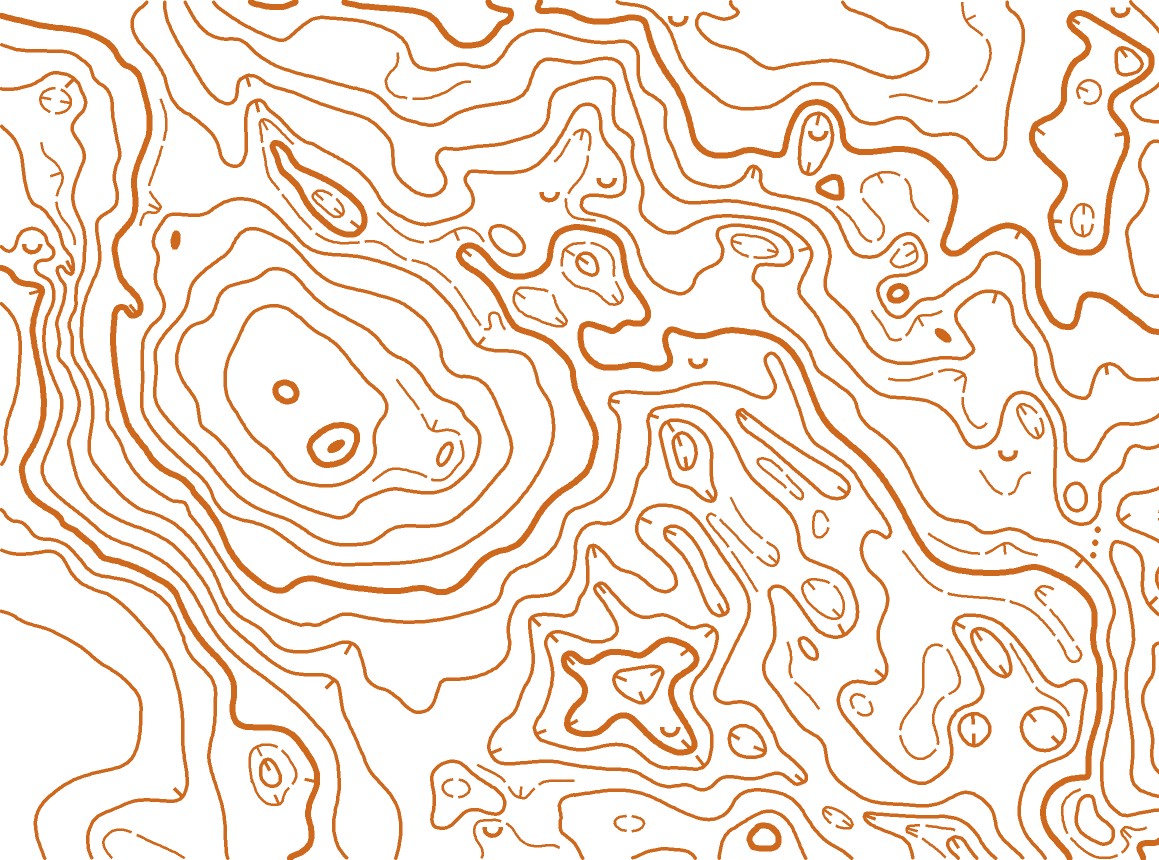In the realm of satellite navigation systems, four major players dominate the field: GPS, GLONASS, Galileo, and BeiDou. Each system offers global positioning services, but they differ in their origins, coverage, accuracy, and technological features. Let’s delve into the key differences between these navigation systems to gain a better understanding of their capabilities and applications.

GPS (Global Positioning System):
Origin: Developed and maintained by the United States Department of Defense, GPS was the first global navigation satellite system (GNSS) to be fully operational.
Coverage: With a constellation of at least 24 satellites in medium Earth orbit (MEO), GPS provides global coverage.
Accuracy: GPS offers high levels of accuracy, typically within a few meters under optimal conditions. However, accuracy can be affected by factors such as atmospheric conditions and satellite geometry.
Applications: GPS is widely used for navigation in various sectors, including transportation, aviation, maritime, agriculture, and outdoor recreation.

GLONASS (Global Navigation Satellite System):
Origin: Developed by the Soviet Union and now operated by the Russian Aerospace Defense Forces, GLONASS is Russia’s counterpart to GPS.
Coverage: GLONASS also consists of a constellation of satellites in MEO, providing global coverage alongside GPS.
Accuracy: GLONASS offers similar levels of accuracy to GPS, with typical positioning errors within a few meters.
Applications: GLONASS is primarily used in Russia and neighboring countries but is also utilized globally in conjunction with GPS for improved accuracy and reliability.
Galileo:
Origin: Developed by the European Space Agency (ESA) and the European Union, Galileo is Europe’s independent civilian GNSS.
Coverage: Galileo aims to provide global coverage with a constellation of satellites in medium Earth orbit (MEO).
Accuracy: Galileo is designed to offer higher accuracy and reliability than GPS and GLONASS, particularly in challenging environments such as urban canyons and dense foliage.
Applications: Galileo serves a wide range of applications, including transportation, agriculture, search and rescue, and precision timing for critical infrastructure.
BeiDou (BDS) Navigation Satellite System:
Origin: Developed and operated by China, BeiDou is China’s indigenous GNSS.
Coverage: BeiDou initially provided regional coverage over the Asia-Pacific region but has since expanded to global coverage with the deployment of additional satellites.
Accuracy: BeiDou offers competitive accuracy, with positioning errors comparable to GPS and GLONASS.
Applications: BeiDou is widely used in China and other parts of Asia for navigation, transportation, surveying, and timing applications.
Key Differences and Considerations:
- Coverage: While GPS and GLONASS have been operational for decades and offer global coverage, Galileo and BeiDou are relatively newer systems that aim to provide independent global navigation capabilities.
- Accuracy: Galileo is renowned for its superior accuracy and reliability, especially in challenging environments, making it attractive for applications requiring precise positioning.
- Independence: Galileo and BeiDou represent efforts by Europe and China, respectively, to establish independent GNSS capabilities, reducing reliance on GPS and enhancing global navigation resilience.
- Applications: Each GNSS has its unique strengths and applications, and users may benefit from combining signals from multiple systems for improved accuracy and reliability, a concept known as multi-GNSS positioning.
In conclusion, GPS, GLONASS, Galileo, and BeiDou are essential components of the global navigation landscape, offering diverse capabilities and applications. Understanding their differences and leveraging their strengths can empower users to navigate more accurately, efficiently, and reliably across various domains and geographical regions. As these systems continue to evolve and expand, they will play increasingly pivotal roles in shaping our interconnected world.


Leave a Reply